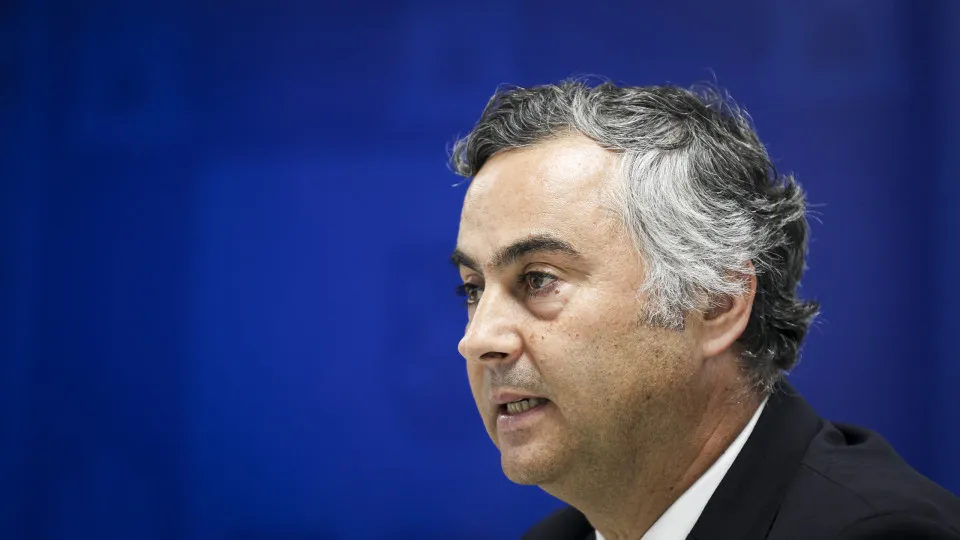
Two weeks ahead of the new academic year, there are still “approximately three thousand teaching positions to be filled,” Education, Science and Innovation Minister, Fernando Alexandre, revealed today following a meeting with unions regarding the implementation of a temporary recruitment scheme for teachers in the ten regions with the highest number of students without teachers.
An upcoming recruitment drive next week will enable schools to hire more teachers, providing directors the option to utilize individual school contracts as well.
The ministry believes that most of the three thousand vacancies will be addressed, but plans to launch another extraordinary external recruitment contest similar to the one held last year.
The contest for pre-school, primary and secondary educators in the most deprived Pedagogical Zone Frameworks (QZP) will “secure posts for qualified teachers” and “ensure that hundreds of thousands of students have classes,” stated Fernando Alexandre.
Roughly 1,800 positions are concentrated in ten QZP, with the majority—around 1,100—designated for schools in Lisbon, 20% for the Setúbal region, and the remaining for institutions in Alentejo and Algarve.
Fernando Alexandre noted these positions “address over 60% of the needs,” as the remaining teacher shortages are dispersed throughout the country.
Last year, the Ministry of Education, Science and Innovation (MECI) identified 234 schools with shortages, opening about 2,300 slots in 23 QZP, which resulted in an additional 1,600 permanent teaching staff by the end of the process.
This year, the MECI is offering fewer slots, rationalizing the reduction by citing last year’s placements that have supposedly diminished the needs in the needy areas.
The method for identifying needs has also changed: Previously focused on schools, this year the focus is on QPZ, explained the minister.
The National Federation of Teachers (Fenprof) fears the new model is predicated on a “purely economic criterion,” remarked the union’s general secretary, emphasizing “this contest does not equate to resolving the teacher shortage issue.”
“Last year, many positions remained unfilled,” leaving students without classes, recounted Francisco Gonçalves, advocating that attracting teachers requires improving career value and the profession itself.
Francisco Gonçalves also criticized the timing of the diploma presentation to the unions: “We were almost blackmailed, having to either accept the diploma or bear responsibility for the ongoing teacher recruitment issues.”
Manuel Teodósio, vice-secretary-general of the National Federation of Education (FNE), also criticized the management of the negotiation meeting, describing it as merely informal and warned that the extraordinary contest might not fulfill all the vacancies.
The FNE reiterated the need for “effective control over scientific qualifications” since this contest allows for hiring those with their qualifications but not pedagogical credentials.
“Scientifically, these individuals are qualified, but they lack the pedagogical component. If they already exist in the system, we should professionalize them,” argued Manuel Teodósio.
The extraordinary contest, set to be approved Thursday in the Council of Ministers, will be “essentially identical” to last year’s, with potential improvements in the coming weeks based on union contributions, stated Minister Fernando Alexandre.
Additionally, on Thursday, changes to the Citizenship course are expected to be approved by the Council of Ministers. The minister indicated that the proposal was refined with insights from Public Consultation: “We’ve improved the proposal, listened to the Portuguese society, but the details will be revealed tomorrow,” he said, withholding further specifics.



